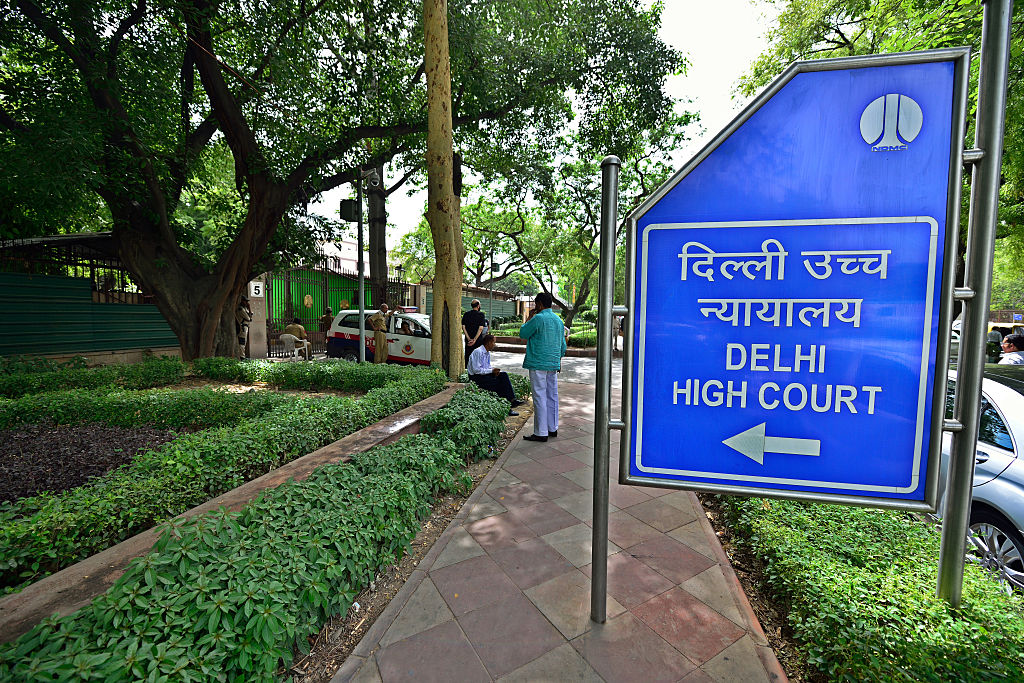The Delhi High Court on Tuesday upheld the Centre’s decision to wind up the Maulana Azad Education Foundation (MAEF), established in 1989 to promote education among educationally backward minorities, ruling that the dissolution was conducted without impropriety or irregularity.
A bench led by Acting Chief Justice Manmohan dismissed a PIL filed by Syeda Saiyidain Hameed, John Dayal, and Daya Singh, stating that the Ministry of Minority Affairs is actively engaged in welfare programs for minority communities, ensuring their interests are safeguarded despite MAEF’s dissolution.
The court emphasised that the decision to dissolve MAEF was thoroughly considered and aligned with legal procedures, indicating it lacked authority to review governmental policy. Justices Mini Pushkarna and Manmohan emphasized the absence of irregularities in MAEF’s dissolution process.
The petitioners contested the Ministry of Minority Affairs’ February 7 directive instructing MAEF to commence closure procedures promptly and submit a closure certificate from the Registrar of Societies, Delhi Government. The Centre justified its decision, citing redundancy given the Ministry’s comprehensive execution of minority welfare schemes.
The Ministry’s decision followed a proposal from the Central Waqf Council (CWC) on January 21, advocating for MAEF’s closure.
After deliberations, the court reserved its verdict on March 13, considering arguments from both sides. The petitioners argued that the Ministry’s directive deprived deserving students, particularly girls, of MAEF’s benefits, labeling it arbitrary and malicious.
The court’s 30-page judgment underscored the importance of upholding minority interests, particularly in education. It highlighted the Ministry’s ongoing initiatives tailored to minority communities, refuting claims that governmental schemes did not align with MAEF’s objectives.
The judgment emphasized the Ministry’s commitment to minority welfare, integrating MAEF’s educational programs into broader initiatives. It concluded that minority interests were adequately addressed despite MAEF’s dissolution, ensuring continued educational and welfare support.
(with PTI inputs)





